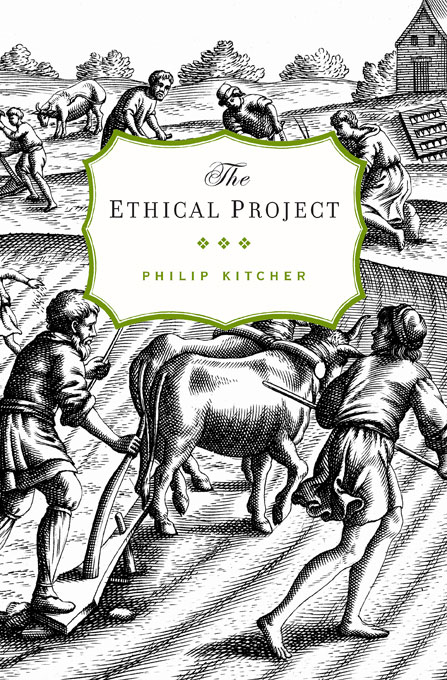ethics
The Ethical Project: Evolving Moral Minds
In my last post I offered my initial review of Philip Kitcher’s new book, The Ethical Project, which is a bold attempt to offer a thoroughly naturalistic rendering of ethics, devoid of any divinity or dubious metaphysics. And overall, I’m very pleased with the account – not least because it is largely in sync with my own.
For too long has ethics been dominated by discussions of moral semantics, of naturalistic fallacies, of rational agents and an expectation that once we discover moral truths, people will kick themselves for not having happily obeyed them in the past.
But this is not the only way to talk about morality. Instead of seeing morality as a truth-seeking endeavour, or springing from the will of some deity, we can alternatively look at morality from what Owen Flanagan, Hagop Sarkissian and David Wong (2008) call “human ecology”.
Better than defining morality by what it is – i.e. about truth, about happiness, about god’s will etc – we can define morality by what it does. This, at its heart, is the moral functionalist perspective. It’s central to Kitcher’s account (as it is to mine), and I believe it’s key to understanding morality as a natural phenomenon – i.e. a practice enacted by human beings throughout history through to this day.
And once we understand better what morality does, we might gain some insights into what it is, and even how we ought to behave. Thus, shockingly, this descriptive programme might have normative implications.
In this post I explore some of the themes raised in The Ethical Project and add some elements of my own research to fill in some gaps left by Kitcher. I have more to say than will fit in one post, so I’ll add more after this one.

